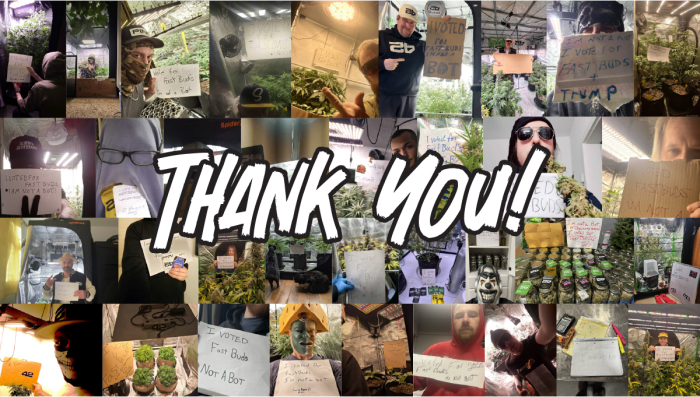Cannabis in South Africa to be Regulated, Commercialized, and Studied in Schools

South Africa’s Department of Agriculture, Land Reform, and Rural Development presented a roadmap to establishing a legal cannabis industry in the country. According to the text of the ‘master plan’, the sector could be worth R28 billion (USD1.87 billion) with as many as 10,000 to 25,000 new jobs.
This is welcome news for the country that currently has 7.8 million unemployed persons and a 64.7% youth unemployment rate. Growing hemp and dagga (the local term for psychoactive cannabis) for both the local and international market can be a major boost for the economy that was decimated by the Covid-19 crisis and is yet to recover its pre-pandemic levels.
Inclusion of Poverty-Stricken Communities
The officials see it as the cornerstone for the success of the emerging industry that an efficient regulatory system is put in place. They have proposed amendments to the existing legislation which will remove the barriers created by the war on drugs.
However, most of the 7 ‘key pillars’ of the plan detail the ways in how the new sector could benefit local farmers. The first category to be included in the new value chains should be indigenous dagga growers who have been cultivating this crop illegally. The government suggests supporting them in terms of cultivation, harvesting, and post-harvest practices, as well as cultivar choices and disease- and pest control.
New small-scale growers who have no prior experience with this crop should also get assistance and support. Besides, the department proposes to fund and construct processing facilities that would buy the produce from individual farmers and make medicines, food & beverages, and other products from cannabis and hemp.
Demystifying Negative Perceptions of Cannabis
The authors of the plan to integrate cannabis into South Africa’s economy admit that its success largely depends on education and training. The measures to address this issue include creating formal training programs across the sector but also integrating cannabis-related subjects in curricula of colleges and universities and even schools.
The plan also stresses the need to educate the general public about cannabis. The authors note that years of prohibition have created too many myths surrounding the plant. The government needs to communicate a clear message about the future role of cannabis in the economy as well as remove the stigma that the substance has carried to this day.









Comments